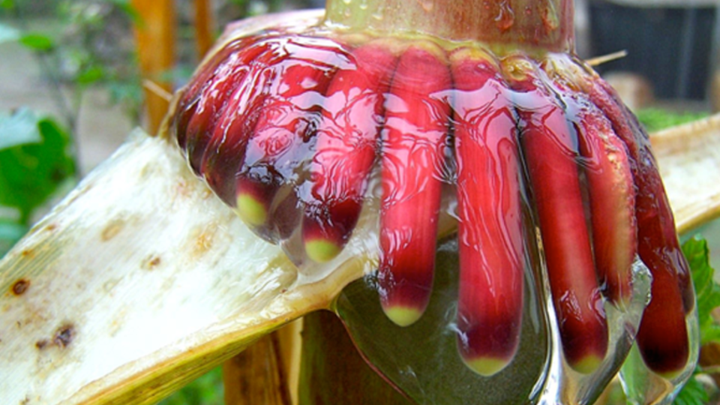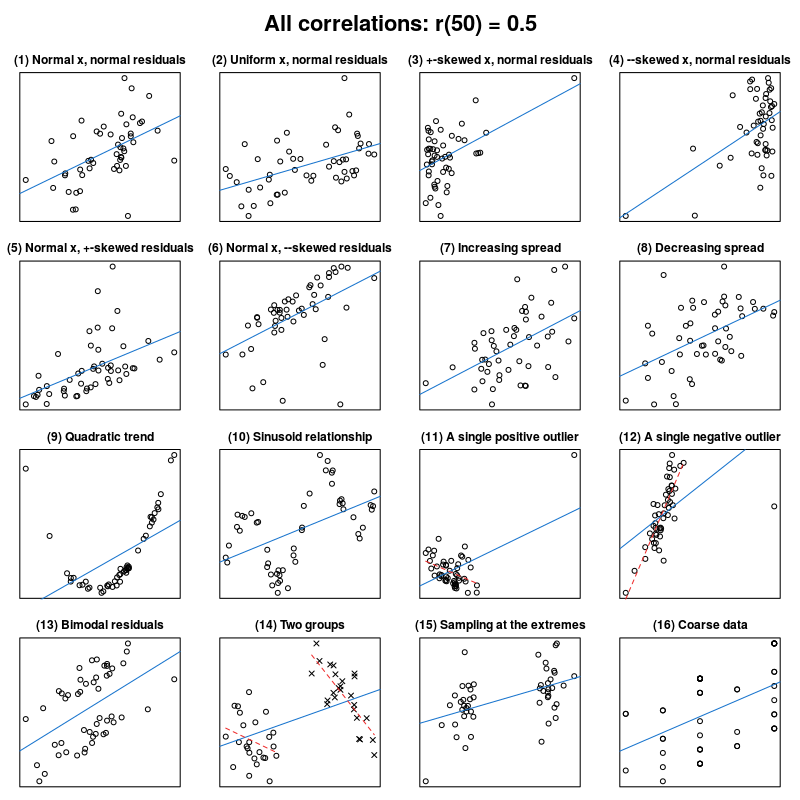Summary:
Guest post by Jeff Mosenkis of Innovations for Poverty Action. Snot corn! That’s crop scientist Sarah Taber’s nickname for the variety of maize native Mexicans cultivated that allowed it to grow very high in very poor soil. According to a genetic sequencing published by UC Davis researchers, the secret is in the mucus-like goop around roots that are out in the open. The bacteria in the goop allow the plant to fix nitrogen from the atmosphere, effectively fertilizing itself from the air. (Many farmers apply nitrogen fertilizer to crops, but this can have a lot of negative consequences for the environment, and be expensive or inaccessible for poor farmers). More background and explanation here. Scientists have been working on this problem for decades, but it turns out people in the
Topics:
Jeff Mosenkis (IPA) considers the following as important: agriculture, blockchain, Economics, food, job, job advice, links, miscellany, news, political science, psychology, RA, Research, statistics, UBI, universal basic income
This could be interesting, too:
Guest post by Jeff Mosenkis of Innovations for Poverty Action. Snot corn! That’s crop scientist Sarah Taber’s nickname for the variety of maize native Mexicans cultivated that allowed it to grow very high in very poor soil. According to a genetic sequencing published by UC Davis researchers, the secret is in the mucus-like goop around roots that are out in the open. The bacteria in the goop allow the plant to fix nitrogen from the atmosphere, effectively fertilizing itself from the air. (Many farmers apply nitrogen fertilizer to crops, but this can have a lot of negative consequences for the environment, and be expensive or inaccessible for poor farmers). More background and explanation here. Scientists have been working on this problem for decades, but it turns out people in the
Topics:
Jeff Mosenkis (IPA) considers the following as important: agriculture, blockchain, Economics, food, job, job advice, links, miscellany, news, political science, psychology, RA, Research, statistics, UBI, universal basic income
This could be interesting, too:
Lars Pålsson Syll writes Schuldenbremse bye bye
Lars Pålsson Syll writes What’s wrong with economics — a primer
Lars Pålsson Syll writes Krigskeynesianismens återkomst
Lars Pålsson Syll writes Finding Eigenvalues and Eigenvectors (student stuff)
Guest post by Jeff Mosenkis of Innovations for Poverty Action.

- Snot corn! That’s crop scientist Sarah Taber’s nickname for the variety of maize native Mexicans cultivated that allowed it to grow very high in very poor soil. According to a genetic sequencing published by UC Davis researchers, the secret is in the mucus-like goop around roots that are out in the open. The bacteria in the goop allow the plant to fix nitrogen from the atmosphere, effectively fertilizing itself from the air. (Many farmers apply nitrogen fertilizer to crops, but this can have a lot of negative consequences for the environment, and be expensive or inaccessible for poor farmers). More background and explanation here. Scientists have been working on this problem for decades, but it turns out people in the mountains of southern Mexico figured it out thousands of years ago. (Also, follow Dr. Taber for a lot of interesting and funny insights into food and agriculture.)
- Jobs: J-PAL training manager and senior manager, Mercy Corps senior researcher in governance.
- Ontario’s new conservative government announced a halt to its basic income experiment, just over a year into what was supposed to be a 3-year experiment. This seems to highlight one of the risks with government-run UBI trials, they often run into politics, and are either diluted or ended as political winds change.
- That same Ontario leadership is set to implement their promised “buck-a-beer” policy, however.
- IPA’s 12-year, 14,000 household UBI RCT in Kenya is still going strong.
- The working paper I mentioned a while back on Iran’s national cash transfer program for 70 million people has been published in JDE (no negative effects on people’s working, and seems to have encouraged some to work more).
- Bots may be filling out researcher MTurk study surveys. Check your data, and you can report quality inconsistencies here.
- I can’t figure out what to think of the World Bank’s World’s First Blockchain Bond announcement, because it doesn’t seem to explain what it is or why bonds need blockchain. (h/t Justin Sandefur).
- How good an economist is character Rachel Chu in the forthcoming movie Crazy Rich Asians?


